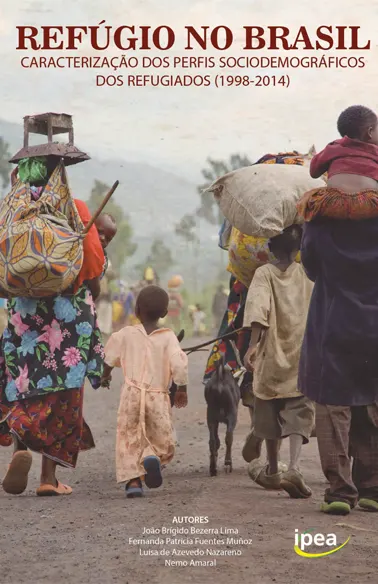João Brígido Bezerra Lima, Fernanda Patrícia Fuentes Muñoz, Luísa de Azevedo Nazareno and Nemo Amaral/ Brasília, 2017
Human mobility today represents a major challenge for national and international policies. The growing flow of millions of migrants has accentuated the phenomenon of urbanization in the large dynamic centers and urban areas of both developed regions and emerging countries. Income differentials between countries and precarious conditions in the regions of origin have also contributed to increasing the challenges of mobility. Among the thousands of international migrants currently on the move on all continents, there are people in refugee status - around 21 million. This human contingent has been forced to leave their countries of origin due to massive human rights violations, wars and local conflicts, racial, religious, political, social group or national persecution. Since 2010, Ipea, in line with its mission to produce, articulate and disseminate knowledge to improve public policies, has been monitoring international cooperation actions by the federal government and society organizations aimed at protecting and supporting refugees recognized by the country within the framework of international cooperation. This book - Refuge in Brazil: characterization of the socio-demographic profiles of refugees (1998-2014) - analyses 4,150 grants of refuge accepted by the Brazilian government in the period.

